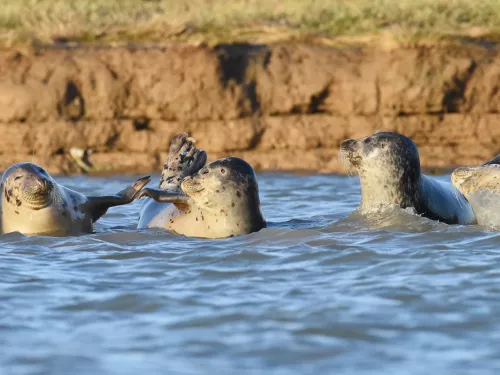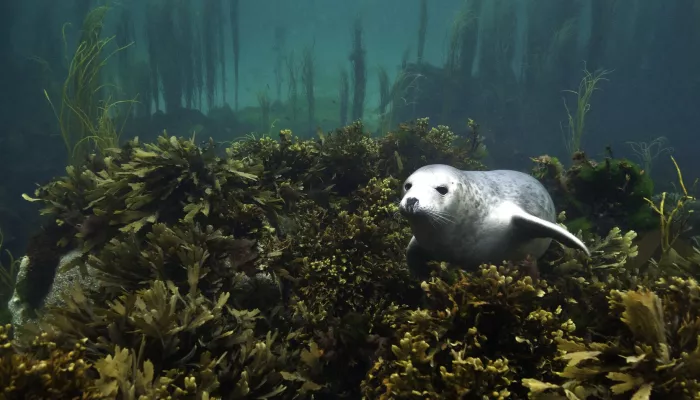
How to watch seals safely
Seals can be disturbed if people or dogs get too close, cause too much noise, or startle them. Disturbance can happen from the land, sea, and air - so we need to watch them with caution.


Seals can be disturbed if people or dogs get too close, cause too much noise, or startle them. Disturbance can happen from the land, sea, and air - so we need to watch them with caution.

Our new Adopt a Species range - with a cute and cuddly friend, fun fact sheets and more - make the perfect gifts for yourself, family and friends.